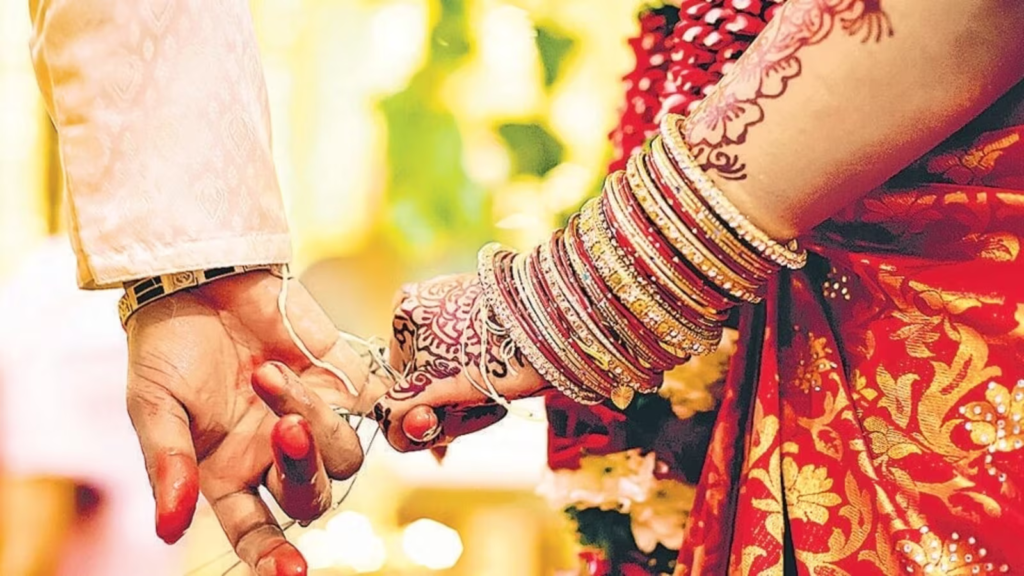
The government is planning to introduce a bill to increase the minimum marriage age of women from 18 to 21. To become law, the bill must be passed by both houses of Parliament after it is introduced, most likely during the winter session.
The proposal, cleared during a Cabinet meeting on December 15, follows the recommendations of a task force headed by Samata Party leader Jaya Jaitley. In his 2020 Independence Day speech, Prime Minister Narendra Modi said the government was considering steps to ensure daughters were “married off at the right age”.
The case for
Increasing the marriage age for women has several clear advantages. It will help improve their nutrition status. And it will keep them in school and college longer.
Children born to mothers younger than 19-years-old, are five percentage points more likely to be stunted than those born to mothers aged 20-years-old and above, found a study published in The Lancet in 2019. Younger mothers also gave birth to more low-weight babies than older women.
Bringing the minimum age requirement for women at par with men falls in line with Constitutional guarantees of equality for all citizens.
Finally, there is a correlation between employment and marriage. As a demographic, single women are far more likely to be employed than married women. “Marriage is the first stumbling block in women’s workforce participation,” says Farzana Afridi, an associate professor with the Indian Statistical Institute. For instance, half of all unmarried women were in the labour force in 2011, compared to only 20% of married women, a figure that has remained stagnant for three decades says Afridi.
…And against
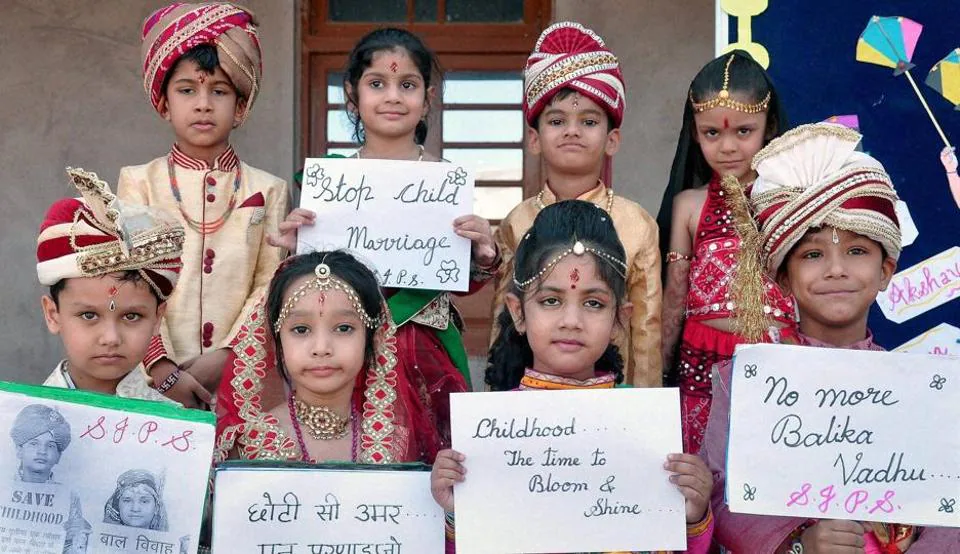
In 1978, Parliament passed a law setting the minimum age of marriage for women at 18. Over four decades later, India remains home to the world’s largest number of child brides, with 1.5 million girls under 18 married every year, according to Unicef. The latest round of the National Family Health Survey-5, (NFHS-5) finds that 23.3% of women still marry before turning 18, Raising the marriage age further to 21 will leave even more women and girls vulnerable in marriages that have no sanction in law.
Moreover, in a country where girls lack agency, raising the minimum age of marriage also has consequences on those who choose their own partners. A 2021 study on child marriage prosecutions by Partners in Law and Development (PLD) looks at 83 high court and district court child marriage prosecutions over a 10-year period to find that the majority of prosecutions are initiated by parents of women who marry men of their choosing against the wishes of their parents. In the face of parental disapproval, the law, says Madhu Mehra, head of research and training at PLD, is “overwhelmingly weaponised by parents against their daughters who initiate marriages of choice and, in contrast, negligibly prosecute forced or even arranged marriages.”
According to a 2020 report in The Lancet, the Covid pandemic will put 0.5 million more girls worldwide at risk of being forced into child marriage. In India this is due to a combination of circumstances including unemployment, the prolonged closure of schools and a sharp gender digital gap that has made it far more difficult for girls to access online classes.

If not legislation, then what?
In India, marriage is a social contract where the larger community’s idea of the “norm” plays a significant role on when, where and how women get married.
The past decade has seen a 19% decline in child marriages, thanks in large measure to the narrowing of the education gender gap and the rising aspirations of girls and women themselves.
Along with recognising these newer social realities, expanding opportunities for young women in both education and employment will help delay the age at which they get married. What is needed is not an amended law but a nation-wide social awareness campaign of the advantages of delaying the marriage of daughters, seeing them not as burdens to be dispatched at the earliest, but as the family’s most valuable assets.
Newsmaker
Bonjour, Leena
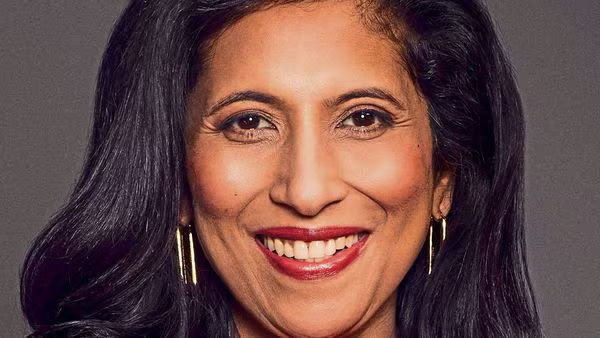
The youngest-ever chief human resources officer at Unilever, Leena Nair has joined luxury brand Chanel as its global CEO. “Humbled and honoured,” she tweeted about joining the “iconic and admired company”.
Gender Tracker

78.9% of the total funds between 2016-19 earmarked for the prime minister’s Beti Bachao Beti Padhao scheme was spent on advertising and media.
Only 25% funds have been utilised by the states since 2014-15 when the scheme was introduced.
–Parliamentary panel report. The committee on women empowerment suggested that the government needs to focus more on education and health.

Quote/Unquote
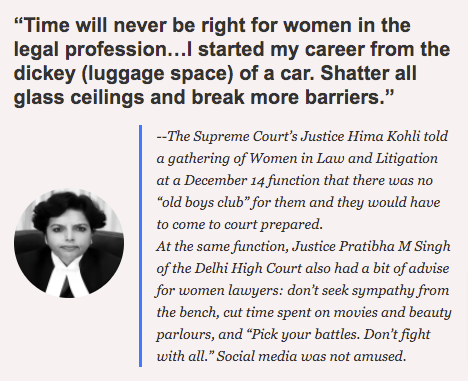
REST IN POWER

Gloria Jean Watkins, more famously known as bell hooks, died on December 15 aged 69. The writer of over 40 books, hooks adopted a lower-case pen name because she wanted her work to speak for itself. Her writing focused on the intersection of race, gender and class.
Read Aditya Mani Jha’s tribute in Mint Lounge here.
STORIES YOU MIGHT HAVE MISSED
Normalising misogyny:
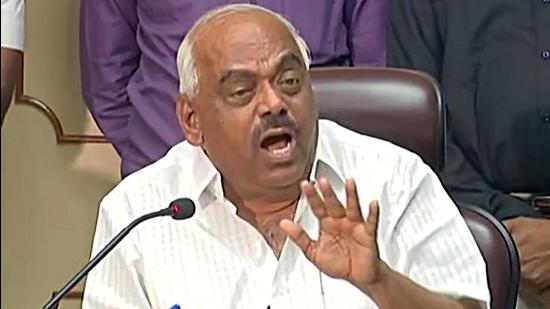
A comment from K.R. Ramesh Kumar, Congress MLA and a former speaker of the Karnataka Assembly – “when rape is inevitable lie down and enjoy” – and the accompanying laughter by fellow MLAs, including the present speaker has escalated into a political row and is a depressing reminder of how rape is normalised even by legislators. Following widespread condemnation, Kumar has apologised but this is not the first time he has made such crass remarks on rape. Back in 2018-19 as speaker he had ‘joked’ that his situation had become “like that of a rape victim”.
The furore comes days after Congress president Sonia Gandhi took issue with CBSE for its blatant misogyny in blaming women’s independence for a variety of social and family problems in a class 10 exam paper. In Parliament, Gandhi called the passage “shockingly regressive” and asked for a review of gender sensitivity standards in the curriculum and testing so that such mistakes “never, never” happen again. CBSE has apologised and dropped the passage saying students will be awarded full marks for it. Read more here.
I-cards for sex workers:
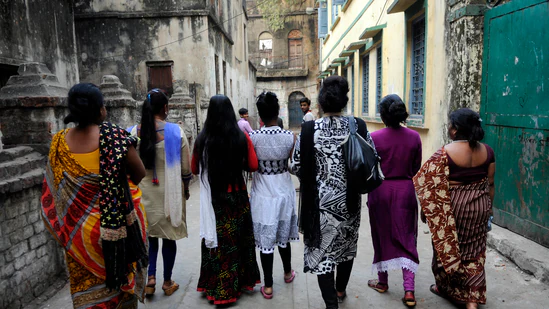
A decade after the Supreme Court first directed state governments and union territories to issue ration and voter ID cards to sex workers, a three-judge bench of the apex court ruled on December 14: “There is no reason as to why such direction has not been implemented till now. Right to dignity is a fundamental right that is guaranteed to every citizen of this country irrespective of his/her vocation”. Reminding the government of its “bounden duty”, the court has asked for it to issue the cards to sex workers from a list maintained by the National AIDS Control Organisation (NACO), reports Utkarsh Anand.
Don’t miss:
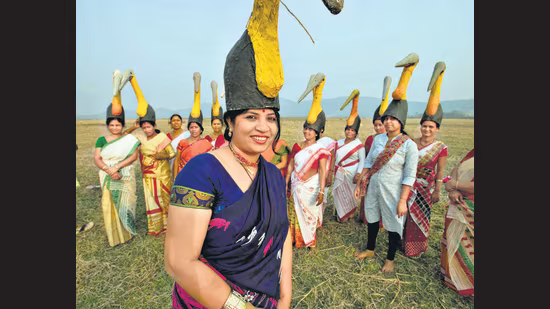
From saving fishing cats to tiger conservation; from examining malaria in birds to saving the greater adjunct stork, do not miss Vanessa Viegas’s story on India’s women ecologists working to better our world.
FIELD NOTES:
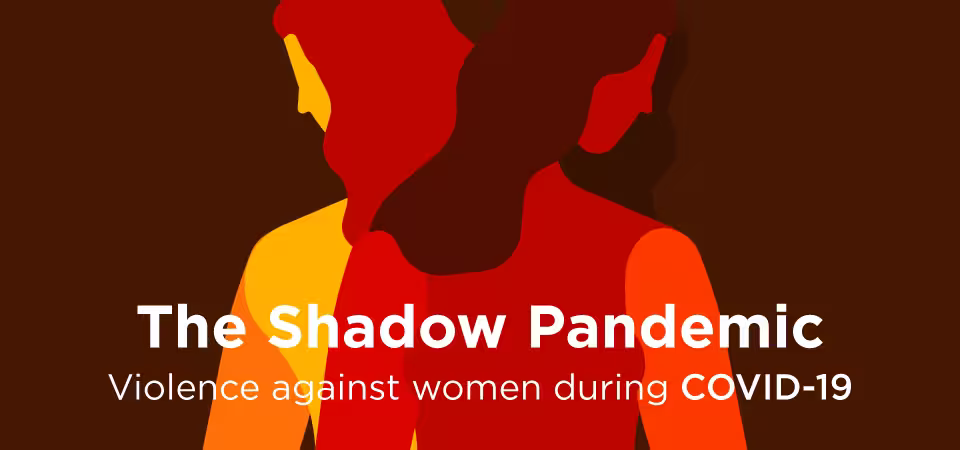
The United Nations called it a “shadow pandemic” and the National Commission of Women in India recorded a surge of 47.2% cases between January-March 2020. Mumbai-based NGO Akshara Centre’s new report, Grappling with the Shadow Pandemic: Women’s Groups and Domestic Violence in India makes for grim reading but places on record the work done by what it calls “other Corona warriors” to support survivors of domestic violence during the past year.
Married women, disabled women, queer and trans people were the most impacted by an increase in domestic violence including emotional and verbal abuse as they stayed home trapped with their abusers during the nation-wide lockdown. Faced with restrictions on their movement, women’s groups continued to do relief work and support survivors as best they could. “The manner in which women’s groups have found ways of bypassing restrictions and finding help for survivors is remarkable and brave as they could have been arrested,” said Nandita Gandhi, one of the report’s writers. “The lessons that emerge have to be studied and turned into policies so that in the next crisis we do not see women suffering.”
AROUND THE WORLD
Settlement for Nassar abuse survivors:
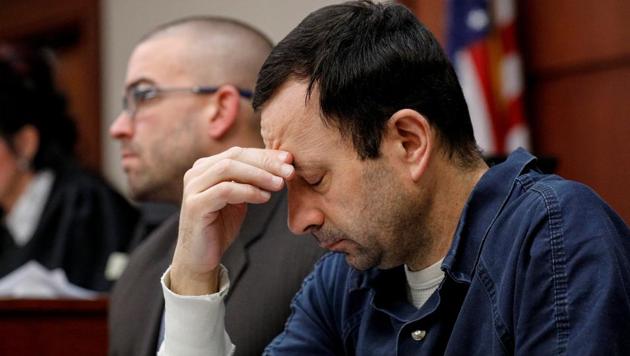
Hundreds of gymnasts abused by Larry Nassar, the former doctor for the American national gymnastics team have reached a $380 million settlement with U.S. gymnastics and Olympics organisations, the New York Times has reported. The settlement is among the largest ever for a sexual abuse case.
In dad’s footsteps: Sixty years after the first US astronaut, Alan Shepard went into space, his daughter, Laura Shepard Churchley, 74, followed in his footsteps as she blasted into space as one of six people aboard Jeff Bezos’s Blue Origin space company. “I thought about daddy coming down and thought, gosh he didn’t even get to enjoy any of what I’m getting to enjoy,” reports BBC.
Were you forwarded this email? Did you stumble upon it online? Sign up here.
That’s it for this week. If you have a tip or information on gender-related developments that you would like to share, write to me at: namita.bhandare@gmail.com.
Marika Gabriel contributed to the making of this newsletter.
Produced by Nirmalya Dutta.



